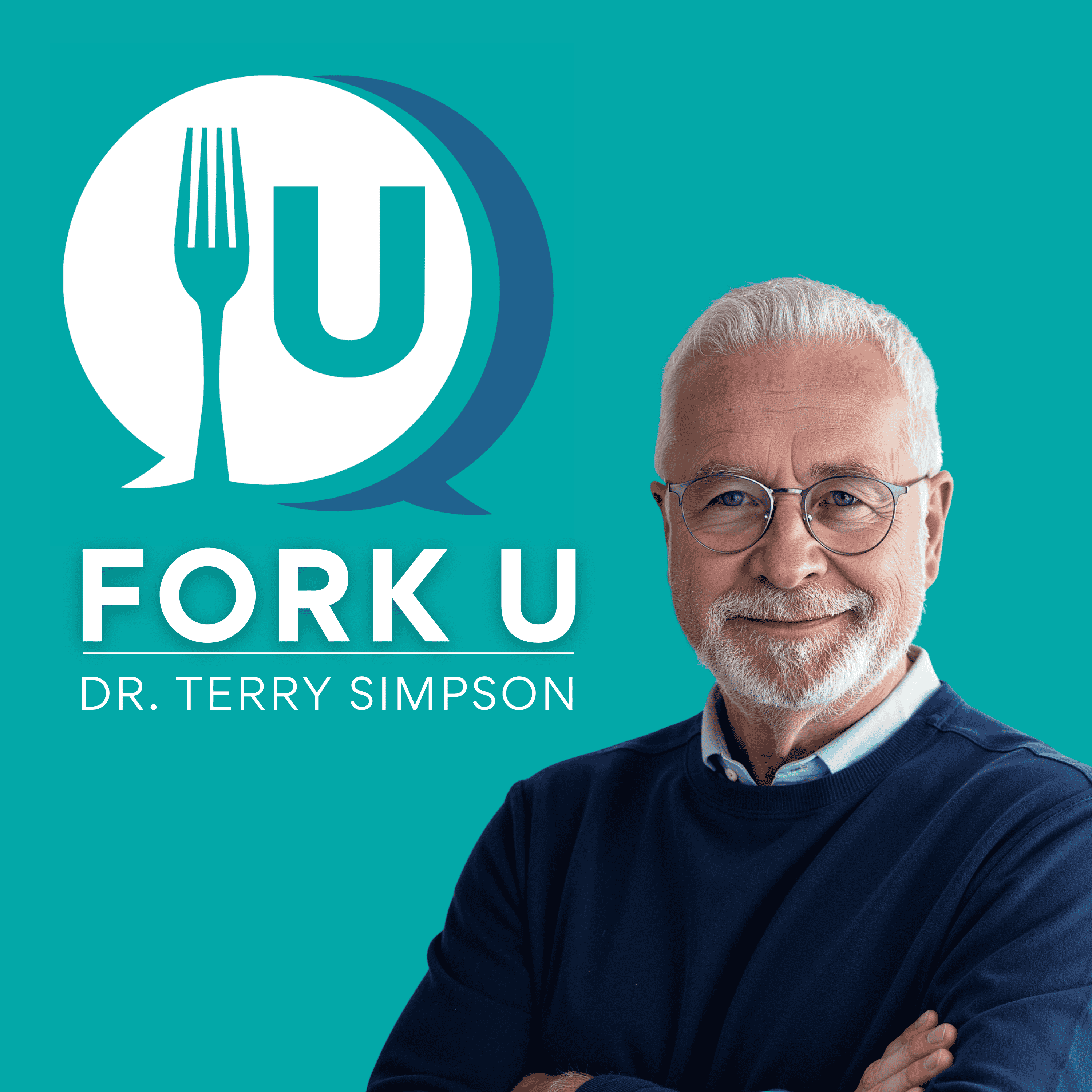Episode 5
Microplastics in Fish, in Fruit, in Water
The term "microplastics" was originally described in 2004 for plastic particles that are less than 5 millimeters in diameter, originally being seen on beaches. But everywhere scientists have looked on planet earth, they have been found. From fruit, vegetables, nuts, beer, baby bottles, in the air, in our water.
Some have estimated that we ingest 100,000 microplastic particles per day or the equivalent of a credit card of microplastic in a year. That number will only increase, as we are producing over 400 million tons of plastics a year, and we have over 5 billion tons of plastics in landfills. Plastic degrades over time, from sunlight, from ocean water, from wind. Some of those plastics become so small they cross the blood-brain barrier in humans.
These plastics come in all shapes and sizes. As they are exposed to the environment and degrade, they become smaller and smaller. They come with different types of plastics with different reactions, but mostly we don't know.
The problem is we don't know what these plastics are doing to us. We don't know what the toxic levels of microplastics are. We don't know what, if any, physiological systems that microplastics would interfere with. We don't know if they increase cancer, heart disease, auto-immune disease, dementia, liver cirrhosis - we just don't know. We don't know if they inhibit the growth of children if they cause the loss of fetuses in women who are pregnant.
We do know on larger levels; plastics cause issues with marine mammals. Shopping bags in the water look like the turtle's favorite feast, a jellyfish, and they will consume those, and those plastics become stuck in the turtle's digestive system clogging up their intestines and leading to their death. Most have seen the turtle whose nose was stuffed with a plastic straw. What we don't know is what happens when the small microplastics enter into cells, or cross the blood-brain barrier, or land in our lungs. Those finds led to the laws to decrease plastic one-use bags and plastic straws, but that is just the tip of what might be a more serious problem.
We know that mice fed microplastics had lower sperm counts, smaller offspring, but again, mice are not men. We also don't know what the different types of microplastics will do - one type might be harmful, another type might be benign.
Some plastics might pass through us like fiber, indigestible matter that has no consequence other than moving stool along.
What can you do if you are worried? If you feed your child formula, use bottles instead of plastic. If you use your microwave, don't reheat food in plastic containers. Try not to use plastic containers for storage, and don't dispose of them so quickly. Water bottles - well, time to use reusable water bottles made of metal or glass.
For now, we can do a small part, but it isn't the entire part. It is a problem that may be a larger problem or less of a problem. But it probably is an issue. We already know that some plastics do cause endocrine disruption, and those products have been outlawed.
But it isn't just a marine problem; whether you are a vegan, pescatarian, vegetarian, omnivore, or carnivore, there will be plastics in everything you eat.
-----
Fork U is part of the Your Doctors Orders network of podcasts and is hosted by the noted physician and surgeon Dr. Terry Simpson.
- Follow Dr. Terry Simpson on TikTok for bite-sized content on healthy eating
- Visit TerrySimpson.com for additional details on Dr. Simpson
- Follow @DrTerrySimpson on Twitter for skepticism, travel, and much more.
Fork U is produced by Simpler Media and is recorded in the studios of ProducerGirl Productions.


